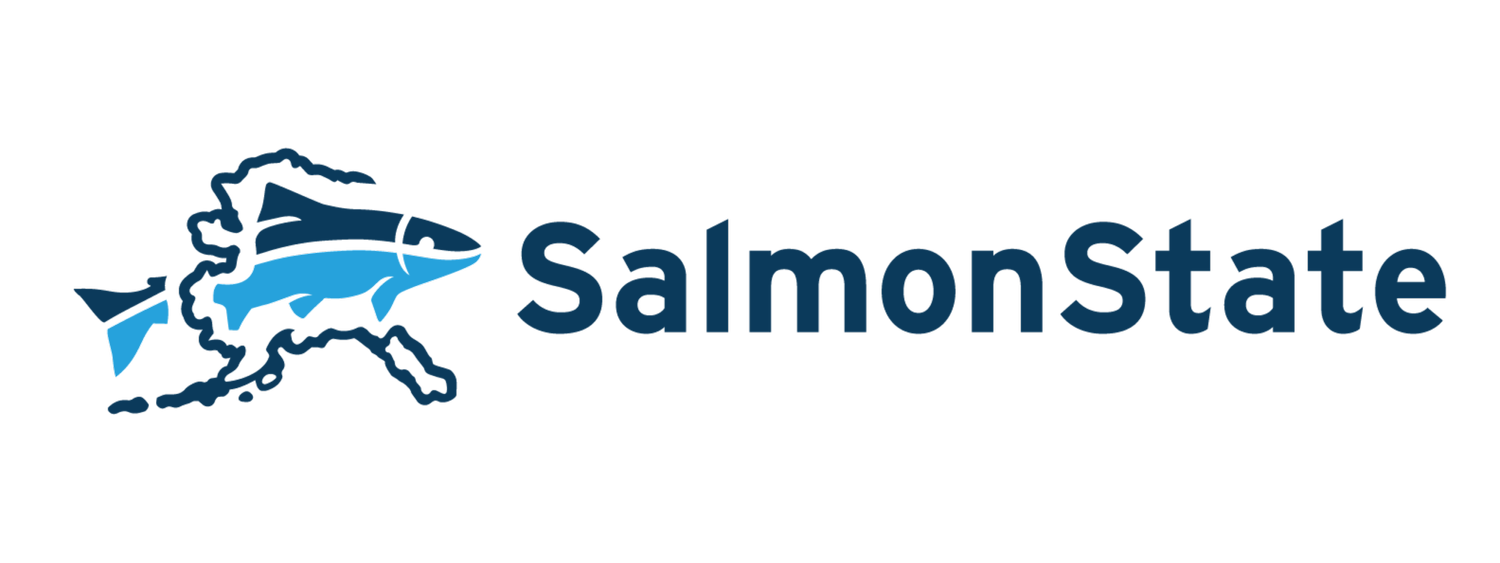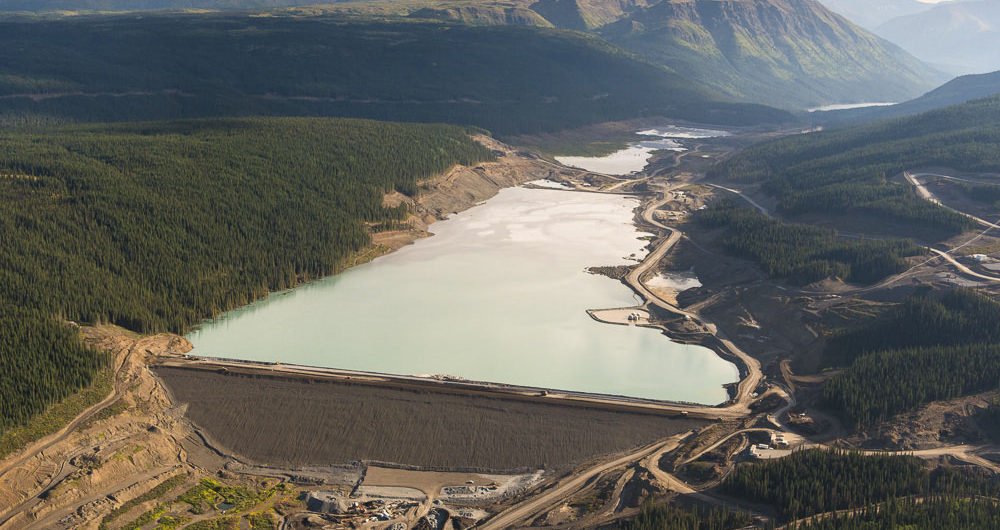Global Standard for mine waste dumps fails to address key risks
Photo by Garth Lenz
SalmonState joins mining industry experts, communities, Tribes and First Nations, and conservation and social justice organizations in saying the Global Tailings Standard, released today, falls short of protecting people and the environment from mine waste dams.
The Global Tailings Standard was triggered by the horrific tailings dam disaster last year in Brumadinho, Brazil, which killed nearly 300 people. It arrives the day after the sixth anniversary of Imperial Metals’ Mount Polley mine waste dam collapse in British Columbia, which spilled 6.6 billion gallons of contaminated water into the Fraser River watershed, but to date has resulted in no environmental charges for the damage caused.
In June, a group of over 150 scientists, community organizations and NGOs from 24 countries, including SalmonState, published “Safety First: Guidelines for Responsible Mine Tailings Management,” a set of 16 guidelines for the safer storage of mine waste. These guidelines bridge many of the gaps left by the Global Tailings Standard. One of the key needs addressed — and one of the biggest gaps in the guidelines released today — is to prohibit the construction of toxic mine waste dams upstream of communities and salmon habitat.
“Two to one, Alaskans don’t want to see billions of tons of toxic waste looming at the headwaters of the greatest sockeye salmon run on the planet — Bristol Bay,” said SalmonState Executive Director Tim Bristol. “Some things are too important to risk, and it’s unconscionable that governments continue to favor corporate shareholders over human lives. While the Global Tailings Standard is a good first step, much more needs to be done.”
“The Global Tailings Standard fails to require financial assurances and accountability at the highest level of corporate governance, especially for mining companies looking to develop in watersheds shared by multiple jurisdictions, like Canadian company Seabridge Gold’s proposal to develop one of the world’s largest mine waste dams just miles from the Alaska border,” said Salmon Beyond Borders Director Jill Weitz. “It’s outrageous that if one of British Columbia’s mine waste dams fails and wipes out the pristine Inside Passage waterways and Southeast Alaska’s billion-dollar salmon industry, we currently have no way to hold Canada accountable. These dams are simply ticking time bombs and our lawmakers must require higher standards to defend Alaskan interests before it’s too late.”
For more information:
Safety First: Guidelines for Responsible Mine Tailings Management

